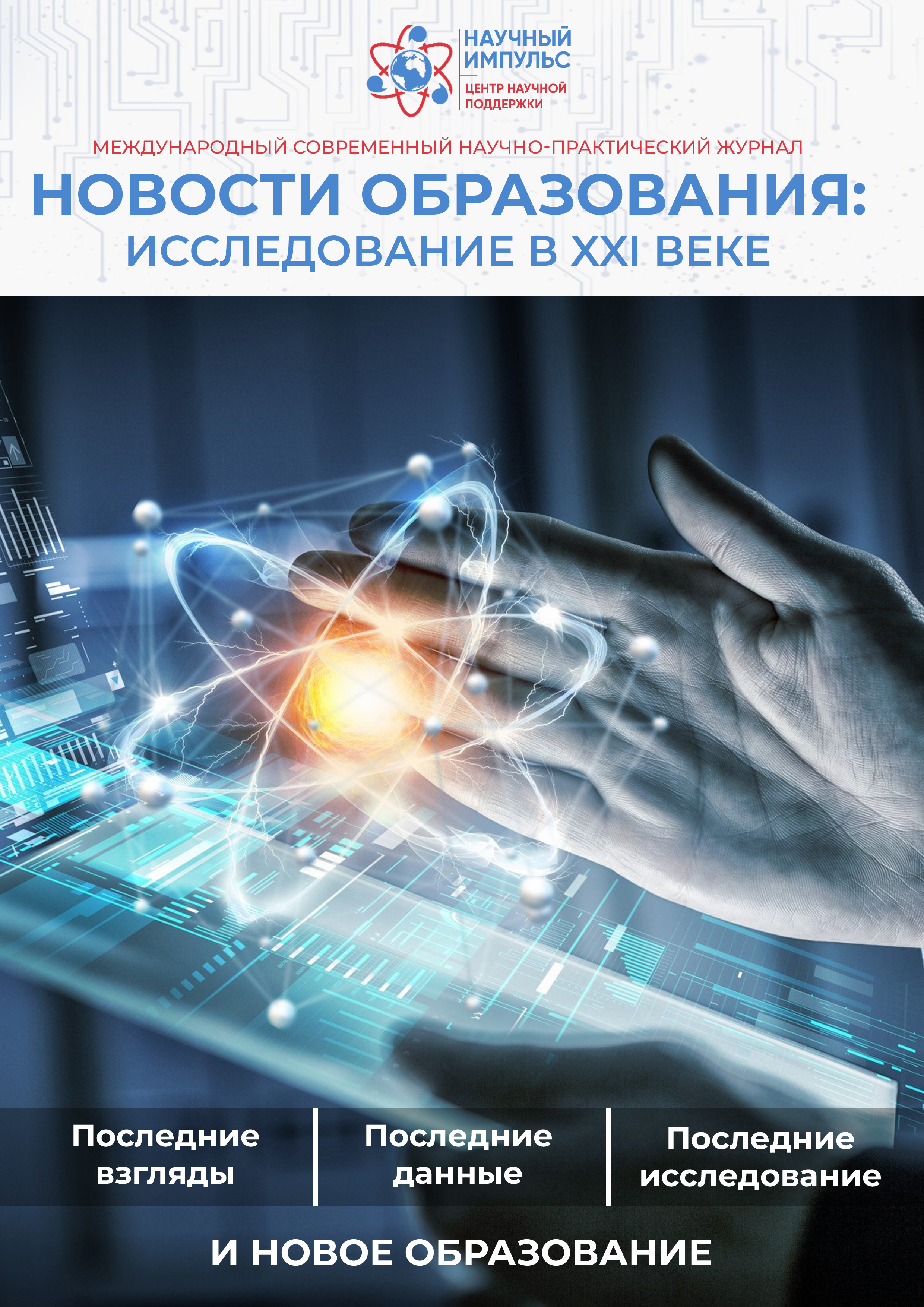ACTUAL PROBLEMS OF MODERN SCIENCE AND EDUCATION
Ключевые слова:
science communication, open science, teacher training, professional development, global collaboration, curriculum relevance, research reproducibility, science policy, lifelong learning, technology.Аннотация
This article explores the current problems faced in modern science and education. It highlights various challenges and areas of concern, including gender and diversity issues, science communication, open science and open access, teacher training and professional development, global collaboration and knowledge sharing, curriculum relevance and future skills, research reproducibility and replicability, science policy and evidence-based decision making, lifelong learning for educators, and the ethical use of technology. Additionally, it addresses education inequality, student engagement and motivation, science and society engagement, mental health support, data management and analysis, global collaboration and mobility, assessment and evaluation, integration of arts and humanities, career pathways and transitions, science for sustainable development, science funding models, teacher retention and job satisfaction, STEAM education, science ethics and responsible conduct, education for sustainable development, access to scientific information, digital divide, STEM gender gap, science education for critical thinking, and science education for global citizenship.
Библиографические ссылки
Becher, T. (1989). Academic tribes and territories: Intellectual enquiry and the culture of disciplines. Society for Research into Higher Education & Open University Press.
Fortmann, R., Kuhn, S., Hunefeldt, P., & McElvany, N. (2013). Scientific literacy. In N. Muller, N. Pollozek, & P. Pointner (Eds.), Science literacy. Springer. https://doi.org/10.1007/978-94-007-4226-0
Gibbons, M., Limoges, C., Nowotny, H., Schwartzman, S., Scott, P., & Trow, M. (1994). The new production of knowledge: The dynamics of science and research in contemporary societies. Sage.
Kuhn, T. S. (1962). The structure of scientific revolutions. University of Chicago Press.
Merton, R. K. (1942). The normative structure of science. University of Chicago Press.
Tojiboyeva M. S. THE CONCEPT OF “INTELLIGENCE” IN UZBEK AND ENGLISH LINGUISTIC CULTURE AND LEXICAL MEANS OF CONCEPT FORMATION //Mental Enlightenment Scientific-Methodological Journal. – 2023. – С. 223-229.
Tojiboyeva , M. (2023). PROVERBS WITH ZOONYM COMPONENT EXPRESSING THE CONCEPT OF "IGNORANCE" IN ENGLISH AND UZBEK. Fergana State University Conference, 143.
Tojiboyeva M. S. Section 5. Languages of the world //The European Journal of Literature and Linguistics. – С. 49.
Doniyorbek, N. (2023). BOLALAR UCHUN ZAMONAVIY SUV MUOLAJALARI MAJMUASINI YARATISH. CENTRAL ASIAN JOURNAL OF ARTS AND DESIGN, 523-527.
Qo’ziyevich, E. I., & Elmuradovna, J. E. (2023). Qadimgi qarshi shahri arxiologik yodgorliklari arxitekturasini ilmiy tahlili. Arxitektura, muhandislik va zamonaviy texnologiyalar jurnali, 2(2), 58-61.
Qo’ziyevich, E. I., & Elmuradovna, J. E. (2023). The scheme of territorial placement of agglomeration commercial and household complexes in Uzbekistan. Arxitektura, muhandislik va zamonaviy texnologiyalar jurnali, 2(2), 62-67.
Maxmatqulov, I. T. (2022). Scientific analysis of the Erkurgan historical and archeological complex in Karshi district of Kashkadarya region. Journal of Architectural Design, 4, 27-31.
Elmuradovna, J. E., & Qoʼziyevich, E. I. (2023). BUXORO АRKINING АRXITEKTURАVIY SHАKLLАNISHI. ARXITEKTURA, MUHANDISLIK VA ZAMONAVIY TEXNOLOGIYALAR JURNALI, 2(2), 75-78.

